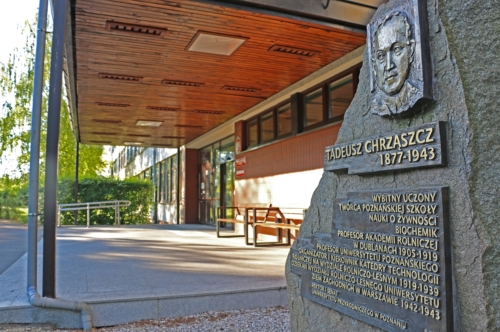The effect of caffeine dose on caffeine and paraxanthine changes in serum and saliva and CYP1A2 enzyme activity in athletes: a randomized placebo-controlled crossover trial
Natalia Główka, Jakub Malik, Jacek Anioła, Emilia Zawieja, Agata Chmurzyńska, Krzysztof Durkalec-Michalski
Abstrakt
Background: Although caffeine (CAF) supplementation has been shown to improve exercise performance, its dose-dependent effect on CAF metabolism has not been sufficiently investigated. The aim of this study was to evaluate the effects of 3, 6 and 9 mg of CAF/kgBM on changes of CAF and paraxanthine (PRX) in the serum and saliva at four time-points.
Methods: In a randomized, double-blind, placebo-controlled crossover design, acute pre-exercise supplementation in 26 moderately-trained athletes, participating in high-intensity functional training (HIFT), was examined. The study protocol involved CAF/PRX biochemical analyses of serum and saliva with respect to CYP1A2 polymorphism and CYP1A2 enzyme activity.
Results: Despite significant differences between the serum and saliva levels of CAF and PRX, there was no difference in the PRX/CAF ratio. The interaction effect of dose and time-points for PRX concentration was revealed. The main effects of dose were observed for CAF and the PRX/CAF ratio. The main effect of time-points was registered only for serum CAF.
Conclusions: Dose- and time-dependent effect of CAF supplementation on CAF and PRX in the serum and saliva of athletes was confirmed, but there was no effect of the CAF dose on CYP1A2 enzyme activity, nor was there an interaction of CYP1A2 with enzyme inducibility. The CAF/PRX correlation indicated the possibility of interchangeable use of serum and/or saliva analyses in exercise studies.
Nutrition & Metabolism, 21, 90












